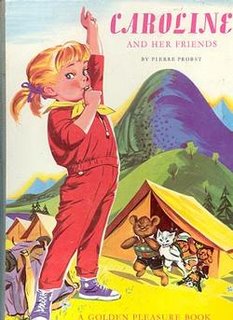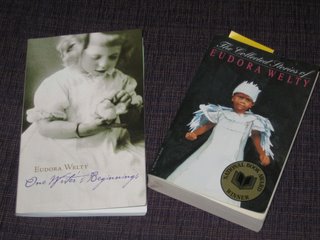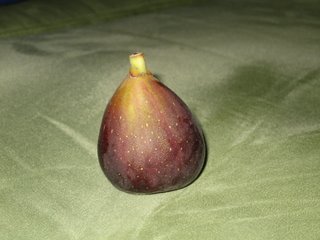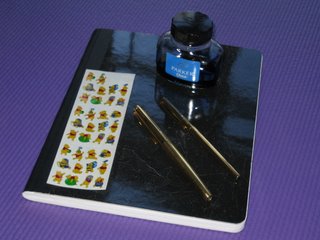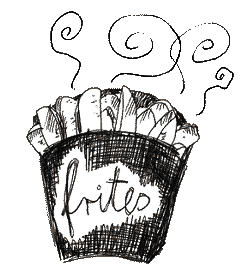 Tomorrow is departure day and except for actually putting things in the suitcase, I'm all set to go to South Africa. That means that the to-do list is almost done. The amazing personal revelation I've had these past couple of weeks, once again: deadlines are extremely motivating for me. But, as I have said before, I am not an adrenaline junkie. So why do I do this to myself? Something to contemplate on the 11 hour flight from Heathrow to Cape Town.
Tomorrow is departure day and except for actually putting things in the suitcase, I'm all set to go to South Africa. That means that the to-do list is almost done. The amazing personal revelation I've had these past couple of weeks, once again: deadlines are extremely motivating for me. But, as I have said before, I am not an adrenaline junkie. So why do I do this to myself? Something to contemplate on the 11 hour flight from Heathrow to Cape Town.This is a multi-purpose trip.
1. Relationships are always a priority for me; life would be empty without them: It's an opportunity to see family members whom I haven't seen in years (January 1989 was my last trip back), to spend lots of time with my parents and my nephew, who live nearby but not near enough that I see much of them, and to introduce my spouse to my birthplace.
2. Creative work: I consider myself "on assignment" both for next semester's work for the MFA and for the radio documentary. There's lots of overlap between these projects since there is a "neither white nor black" race theme running through them (on account of my being born "Cape Coloured" in South Africa). I'll be collecting material for both, and have high-quality audio recording equipment with which to do so. I'm also bringing the laptop and intend to do some writing "on location."
3. Scholarly research: I am in the midst of setting up a collaborative research project with a feminist researcher in South Africa. We're getting together next week to brainstorm the shape of our project.
4. Going on safari: Never been to the parks before, so this part is also exciting beyond words. Next week, we'll be spending a few days in Sabi Sands Private Game Reserve. Kruger National Park is in the upper northeast corner of South Africa, and Sabi Sands is in the lower southwest corner of Kruger.
5. Road Trip: We're spending some days before Christmas on the Garden Route.
May everyone have a safe, happy, and restorative festive season. "See" you in the new year!








